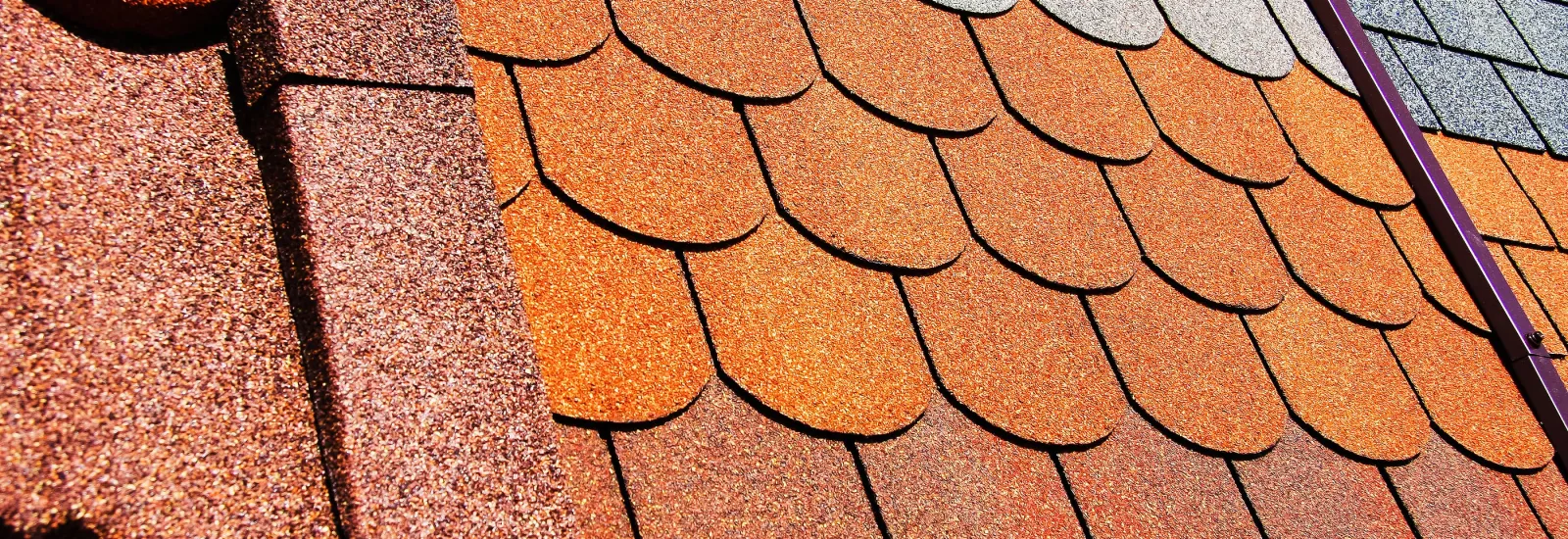If you're looking at the different commercial
roofing systems, you might be overwhelmed by all the options. You're likely
wondering what will give you the most bang for your buck in terms of
durability, cost, and efficiency.
So
what are the right roof systems for your commercial building, and is one
commercial roofing material the best choice? As with so many other questions in
life, the answer here is: It depends. The environment is a big factor in this
decision. Will your roof be frequently walked on? Will it be exposed to
chemicals, acid, or grease in an industrial environment? Will it likely be
subject to full sun exposure, high wind, or extreme temperatures? The climate
of your area and the building's intended use will absolutely factor into your
choice.
You'll also want to consider replacement and maintenance costs in the future, plus energy efficiency throughout the year, when calculating the costs of your options. Here in Florida, for example, light colors such as white are often favored for industrial roofing because they'll reflect heat away from the building and put less strain on the building's air conditioning, making them the more energy-efficient choice.
So what commercial roofing systems could be
right for you? Below, we'll cover the types of roofing systems for roofing
commercial buildings that you'll want to consider, and we'll break down the
pros and cons of different commercial roofing materials.
What are all the commercial roof types?
The most popular commercial roofing materials include
metal, shingle, single-ply membrane or built-up roofing systems. Overwhelmed by
all the options? Below, we'll touch on each commercial roof type and discuss
the pros and cons of installing them.
1.
Metal roofing
Metal
is a popular commercial roof type because it's durable, lasting decades. Metal
comes in multiple roofing systems, with some including solar or snow removal
integrated into them. Metal isn't a monolith; it's a category that includes a
number of roofing materials including aluminum, zinc, and tin; copper, tile
sheets, corrugated galvanized steel; coated or stainless steel.
Metal's
often favored for its strong fire resistance, wind resistance, and general
durability, plus it can have a sturdy, finished look that some businesses
gravitate to. It comes in a wide
range of profiles and colors. However, one drawback is
that metal roofing can face corrosion, which is why modern metal roofing adds
protective layers to mitigate damage from environmental factors such as
moisture and pollution.
2. Shingle roofing
Shingles are commonly associated with residential homes (you likely have a shingle roof yourself), but they're also used as commercial roofing materials for properties with steep roofs. Like metal, shingles come in various materials including slate, asphalt, plastic, and ceramic.
On the plus side for commercial property owners, shingle roofs are affordable and easy to install. On the other hand, the life span is often lower for shingle roofing than other commercial roofing types. If your roof is under shade from trees, for example, your shingled roof could grow moss and mildew.
3. Concrete or clay tile
Commercial roofs aren't limited to the standard industrial materials. Whether you need traditional profiles such as flat, small-roll, or high-profile Spanish "S" or Barrel tile, we have them. Concrete and clay tiles come in a wide variety of colors and shapes, so everything from an authentic Spanish Mission style to a more contemporary high-gloss glaze is available.
4. Single-ply membrane
Single-ply roof options vary from thermoplastic polyolefin (TPO) to polyvinyl
chloride (PVC) to ketone ethylene ester (KEE) polymer-based sheets. These
materials are beneficial because they're resistant to multiple adverse
conditions such as chemicals, UV light, and bacterial growth. They're also
heat-reflective, lightweight, fire-resistant, and tolerant of high wind and
heat.
TPO in particular has become the most common single-ply membrane option in the Southeastern United States because of its high weldability and properties that help it fit into a multitude of commercial building applicants. It's also often considered the best flat roof material for commercial flat roofing. It can be properly applied quickly, which reduces labor cost, meaning it's often a less expensive option upfront. It's popularity, however, means that many manufacturers have rushed into the market to create their own versions, so it's essential to source from a reputable manufacturer such as GAF, Firestone, Carlisle, Versico, Johns Manville, and FiberTite.
5. Conventional built-up roofing systems
Conventional built-up roofing systems offer time-tested performance. These are
traditional hot asphalt-applied using multiple layers of fiberglass roofing
felts, hence the "built-up" part of the name that reflects the system's high
tensile strength. Then, they're surfaced with a mineral-faced cap sheet or
gravel.
With this roofing system, the primary materials
are highly cost-effective, but the labor is more intensive with applying the
multiple layers of felts. The result, though, is a strong roof with superior
weather resistance and redundant layers of protection. That redundancy reduces
the likelihood of the roof being penetrated by an errant screw or storm debris,
which prevents leaks and offers long-term stability and easier maintenance.
6. SBS-modified bitumen
Styrene-butadiene-styrene, or SBS, refers to the polymers that modify the bitumen (aka asphalt) in this roofing system. These systems offer the redundancy of multiple plies of roofing with the high elasticity of SBS-modified asphalt. It's popular for industrial buildings with asphalt-based roofs with low slopes, and the redundant strength means it's a winner in the harsh Florida climate for that reason.
Have more questions?
Give us a call at 1-800-NEW-ROOF, and we can see if one of these systems is the right fit for your commercial roofing project in Florida.
